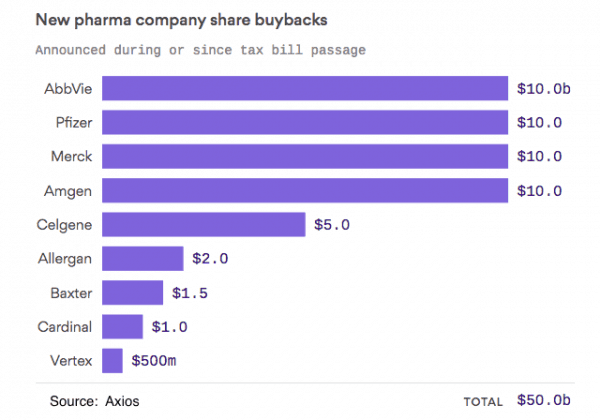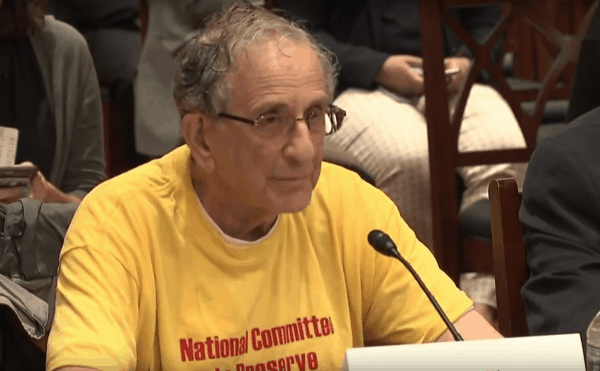
If legislation passed by the Senate on Tuesday becomes law, your pharmacist may no longer be ‘gagged’ or forbidden from telling you crucial information about drug pricing. Many of us pay inflated prices for drugs by going through insurance, rather than paying out of pocket. A blood pressure medication might cost $20 on an insurance plan, where it might only cost $8 out of pocket. But, under the Medicare Part D law, many pharmacists are prohibited from sharing that information with their customers.
The Know the Lowest Price Act, sponsored by Senator Debbie Stabenow (D-MI), prohibits insurers – and middlemen known as pharmacy benefit mangers (PBMs) – from restricting a pharmacist’s ability to provide drug price information when there is a difference between the cost of the drug under the plan and the cost of the drug without using insurance.
The bipartisan bill passed by ‘unanimous consent’ – which means that no Senators objected. Usually dependable allies of Big Pharma and insurance companies struck a blow for consumers with this common sense legislation that removes an unreasonable restriction on pharmacists and directly benefits consumers.
Senator Stabenow, ranking member on the Senate Health Care Subcommittee, has become a leader in the fight to reduce prescription drug prices. Americans pay more for prescription drugs than most other countries. The price for the most popular brand-name drugs have risen more than 200% since 2008.
“Healthcare is a basic human right and everyone should be able to afford the medications he or she needs. Drug companies treat prescription drugs as a commodity to be priced at whatever the market will bear, even if patients can’t afford critical life-saving medicine.” – Senator Debbie Stabenow
Meanwhile, the median salary of a pharmaceutical CEO is roughly $15 million per year. In the wake of the Trump/GOP tax scam, large pharmaceutical companies have spent $50 billion in stock buybacks – while doing little to lower the cost of drugs.

Skyrocketing drug prices exact a toll on working and middle class Americans struggling to make ends meet. Last month, Senator Stabenow and several Senate colleagues heard poignant testimony from everyday people affected (and in some cases, devastated) by the sometimes exorbitant cost of crucial medications – including a mother who lost her son to diabetes because he couldn’t afford insulin; an MS patient whose life-saving medication costs some $75,000 per year; and a senior volunteer for the National Committee who said his out-of-pocket costs for prescriptions would have exceeded $5,000 last year were it not for improvements to Medicare in the Affordable Care Act.

The high cost of prescriptions hits older Americans on fixed incomes particularly hard, especially for medications designed to treat serious or chronic conditions where the patient’s cost-share can be expensive. The prices of the 20 brand-name drugs most prescribed to seniors have jumped an average of 12% per year, with some doubling in price. We have all heard of seniors having to choose between prescription drugs and groceries – or rationing doses of critical medications to try to cut costs, an unnecessary and unacceptable situation in one of the wealthiest countries on Earth.
The National Committee endorsed Senator Stabenow’s Know the Lowest Price Act, and supports two other important pieces of legislation she has introduced, including a bill to allow Medicare to negotiate drug prices directly with pharmaceutical companies (the Empowering Medicare Seniors to Negotiate Drug Prices Act), and a bill to permit the importation of drugs from Canada manufactured at facilities inspected by the Food and Drug Administration (the Affordable and Safe Prescription Drug Importation Act). Neither of those bills has come up for a vote in the Senate yet.


